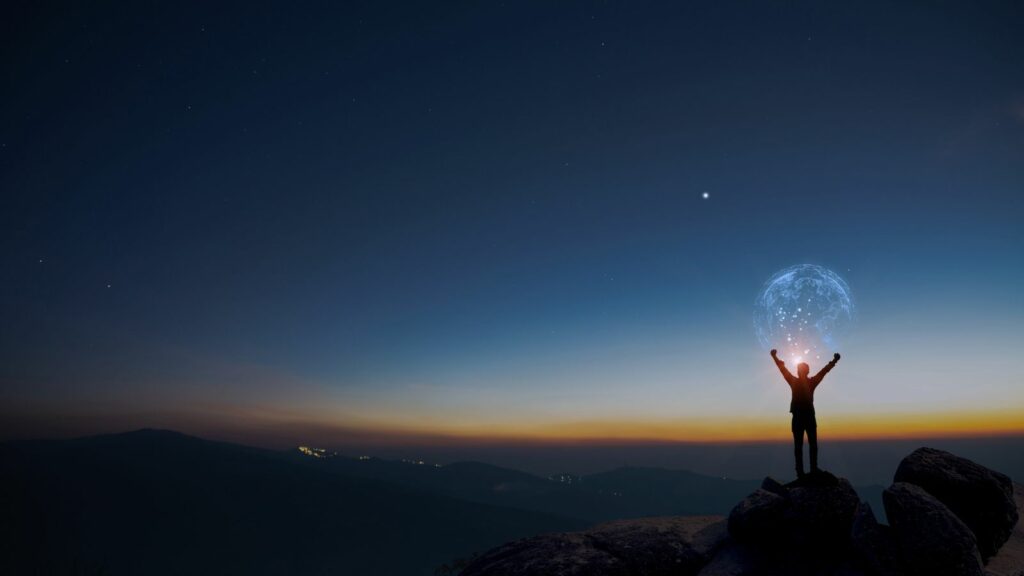The way we travel has evolved dramatically over the past few years. Whether it’s driven by technology, changing lifestyles, or a growing awareness of our planet’s fragility, the travel industry is transforming to keep up with what modern explorers want and need. From eco-friendly stays to AI-driven planning tools, here’s a closer look at how the world of travel is changing and why it matters.
Blending Work and Play: The Rise of Bleisure Travel

Gone are the days when work trips meant boardrooms and bland hotel rooms. Today, more professionals are combining business with leisure, turning work travel into an opportunity to explore. Nearly 9 in 10 corporate travelers now add a few personal days to their business trips, showing a growing desire to balance productivity with enjoyment.
Travel That Cares for the Planet

Sustainability has shifted from being a buzzword to a priority for many travelers. Whether it’s choosing hotels that run on renewable energy or opting for tours that give back to local communities, 60% of people now make eco-conscious choices when planning their trips. It’s clear: caring for the planet is becoming part of the journey.
The Digital Nomad Revolution

The pandemic reshaped how we work—and where we work. Millions of professionals have traded offices for laptops on the beach, working remotely from stunning locations like Bali or Lisbon. Countries are catching on, offering digital nomad visas to attract these wandering workers who want to mix productivity with paradise.
AI Travel Planning Is a Game-Changer

If you’ve ever spent hours researching a trip, you’ll love this. AI tools are now doing the heavy lifting, creating customized itineraries based on your preferences. Whether you’re into hidden cafes or scenic hiking trails, AI is turning travel planning into a stress-free experience—and saving hours in the process.
Wellness Travel for the Mind, Body, and Soul
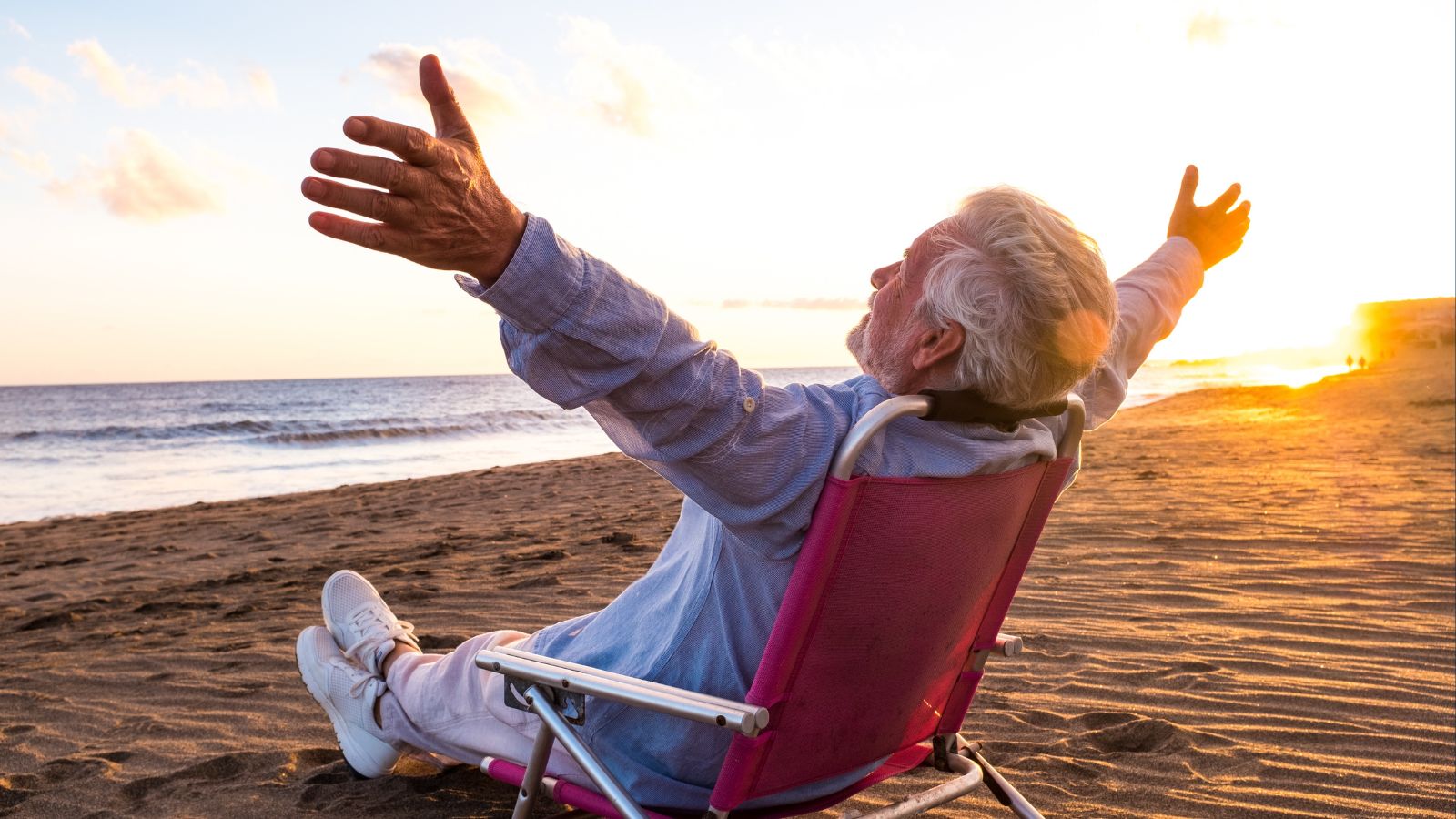
Wellness isn’t just about gym memberships anymore—it’s shaping how people travel. From yoga retreats to detox spas, more travelers are prioritizing trips that focus on rejuvenation and mental well-being. This booming sector, now valued at over $800 billion, is proof that people are seeking to feel better, not just see more.
Tackling Overtourism Head-On
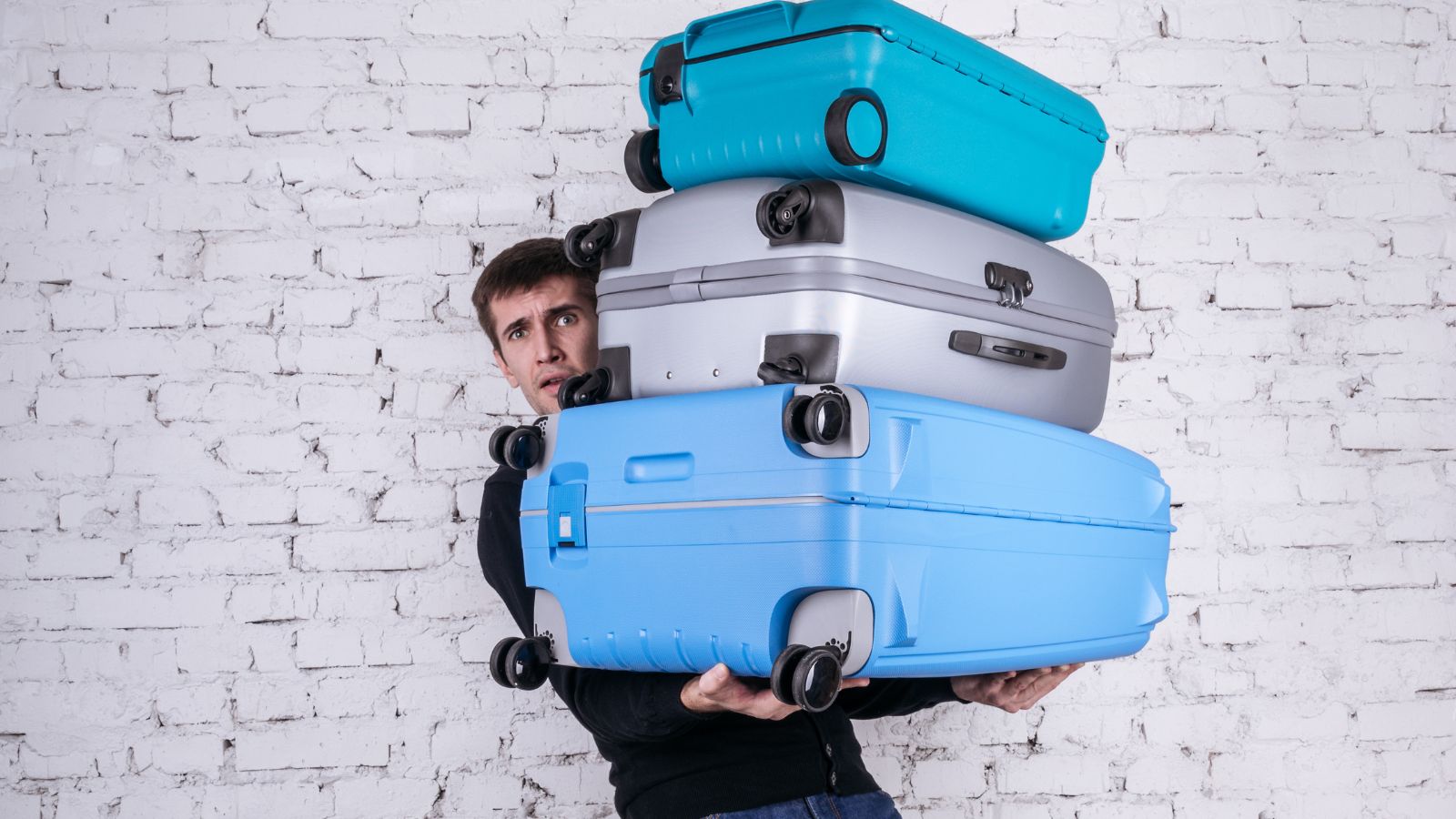
Iconic spots like Venice and Machu Picchu have struggled with overcrowding, often at the expense of local communities and fragile ecosystems. In response, governments are limiting the number of visitors allowed in. It’s a tough but necessary step to protect these treasures for future generations.
Travel Tailored Just for You

Big data is helping hotels and airlines get personal. Whether it’s knowing your favorite wine or offering hypoallergenic pillows, hyper-personalization ensures every detail of your trip is just right. This trend is all about making travelers feel valued and understood.
Space: The New Frontier for Travelers

Space tourism is no longer the stuff of sci-fi movies. Companies like SpaceX and Blue Origin are bringing suborbital space travel closer to reality. While it’s still a luxury few can afford, these developments are paving the way for an entirely new kind of adventure.
Social Media Shapes Where We Go

Have you ever chosen a destination because you saw stunning photos on Instagram? You’re not alone. Nearly 90% of Gen Z travelers pick their trips based on social media aesthetics, proving that the power of a perfect photo goes far beyond likes and shares.
Cash Is No Longer King

Traveling without worrying about exchanging money is a relief, and digital wallets like Apple Pay and Google Pay are making it easier than ever. With 80% of travelers opting for contactless payments, handling foreign currency feels like a thing of the past.
Solo Female Travelers Are Leading the Way
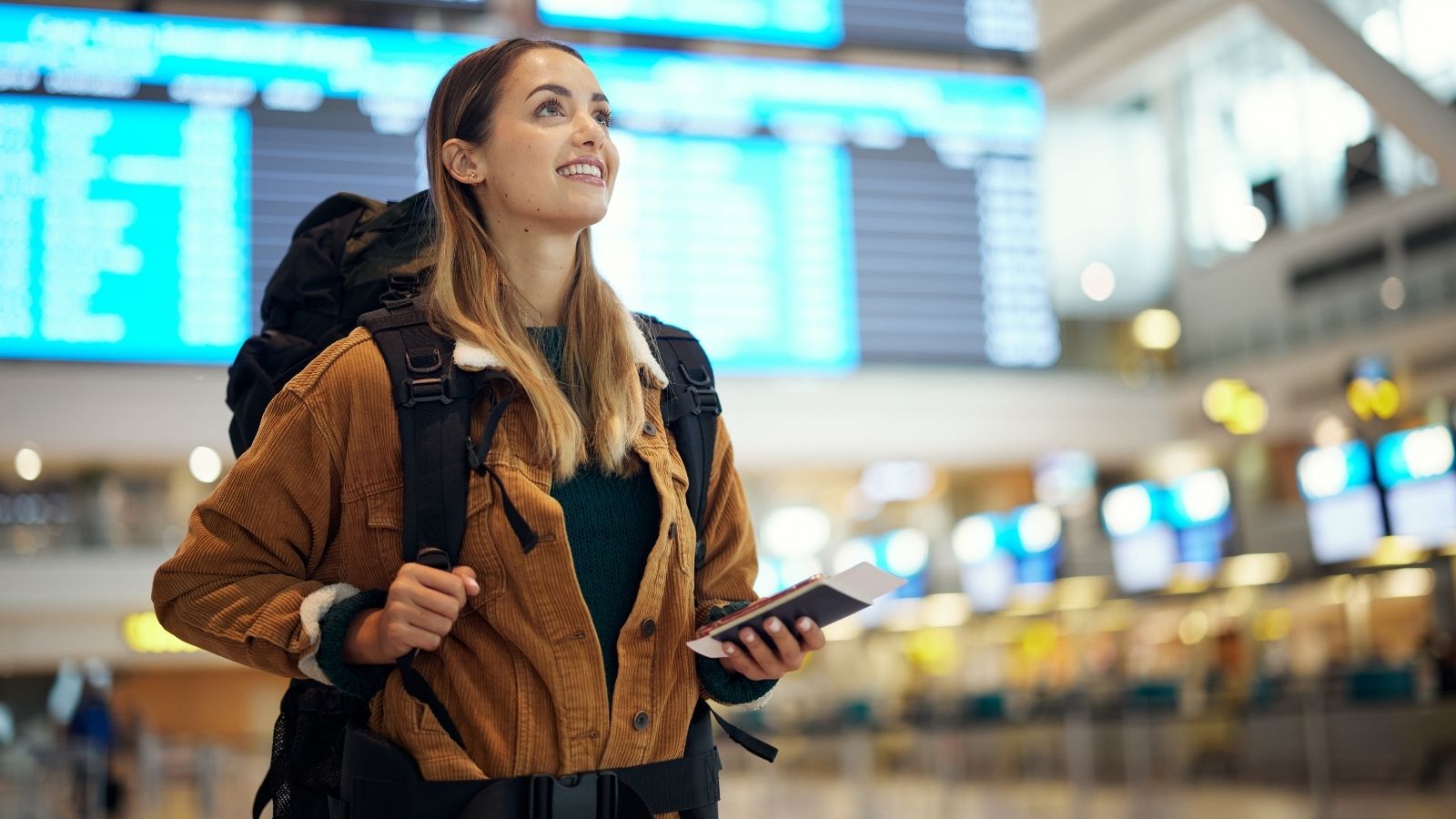
Women are embracing solo travel in record numbers, making up 65% of solo adventurers. Improved safety measures, women-only tours, and a focus on empowerment are encouraging more women to explore the world on their own terms.
The Comeback of Train Travel
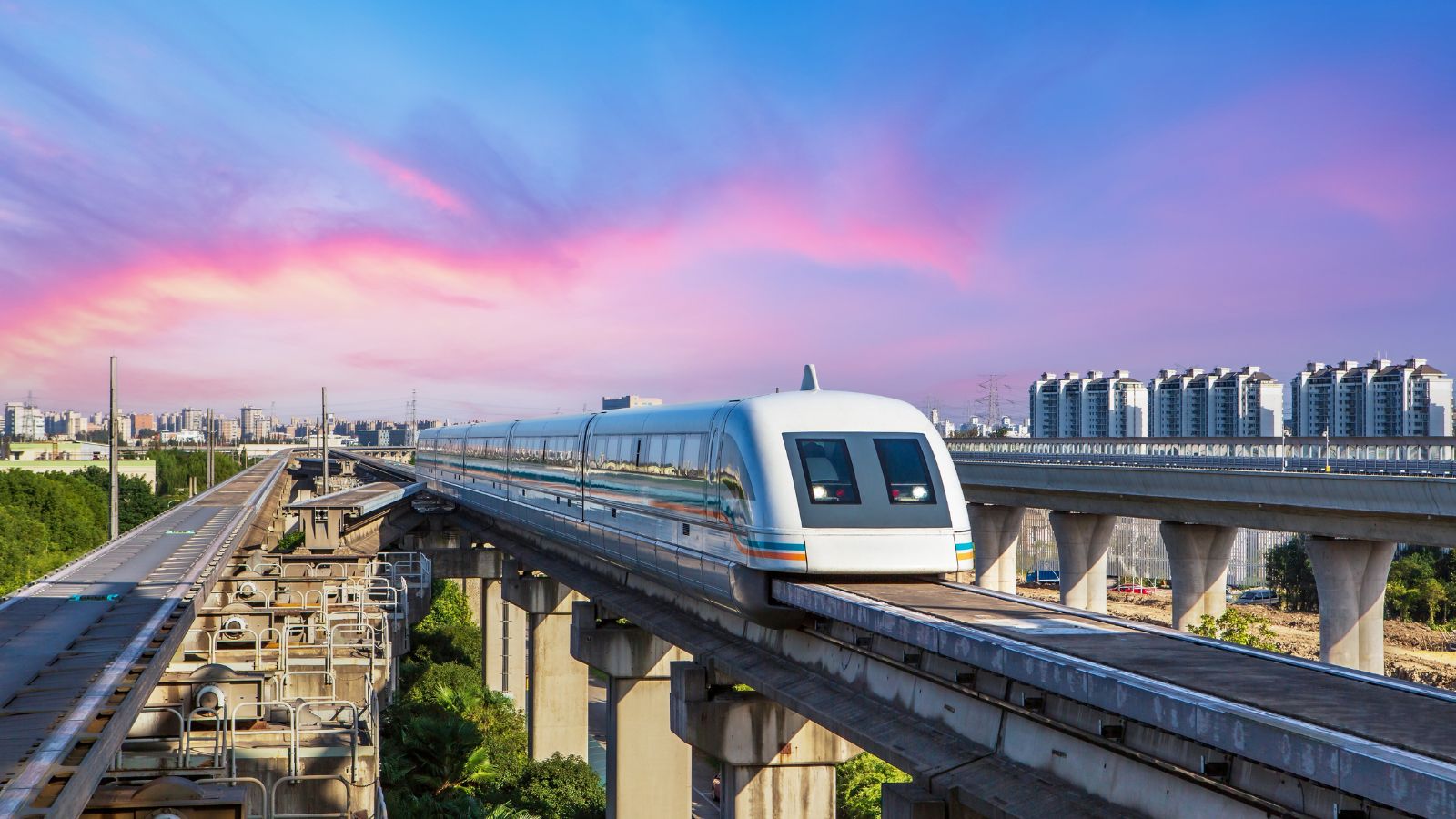
Trains are making a comeback for those who enjoy scenic routes and a lower carbon footprint. High-speed networks like Europe’s Nightjet or Japan’s Shinkansen combine eco-conscious travel with comfort, offering an elegant alternative to flying.
The Micro-Cation Movement

Long vacations are becoming less common as more people opt for shorter, frequent getaways. These “micro-cations,” typically lasting 3-4 days, are perfect for busy professionals looking for quick recharges without taking too much time off work.
Try Before You Fly: Virtual Reality Travel
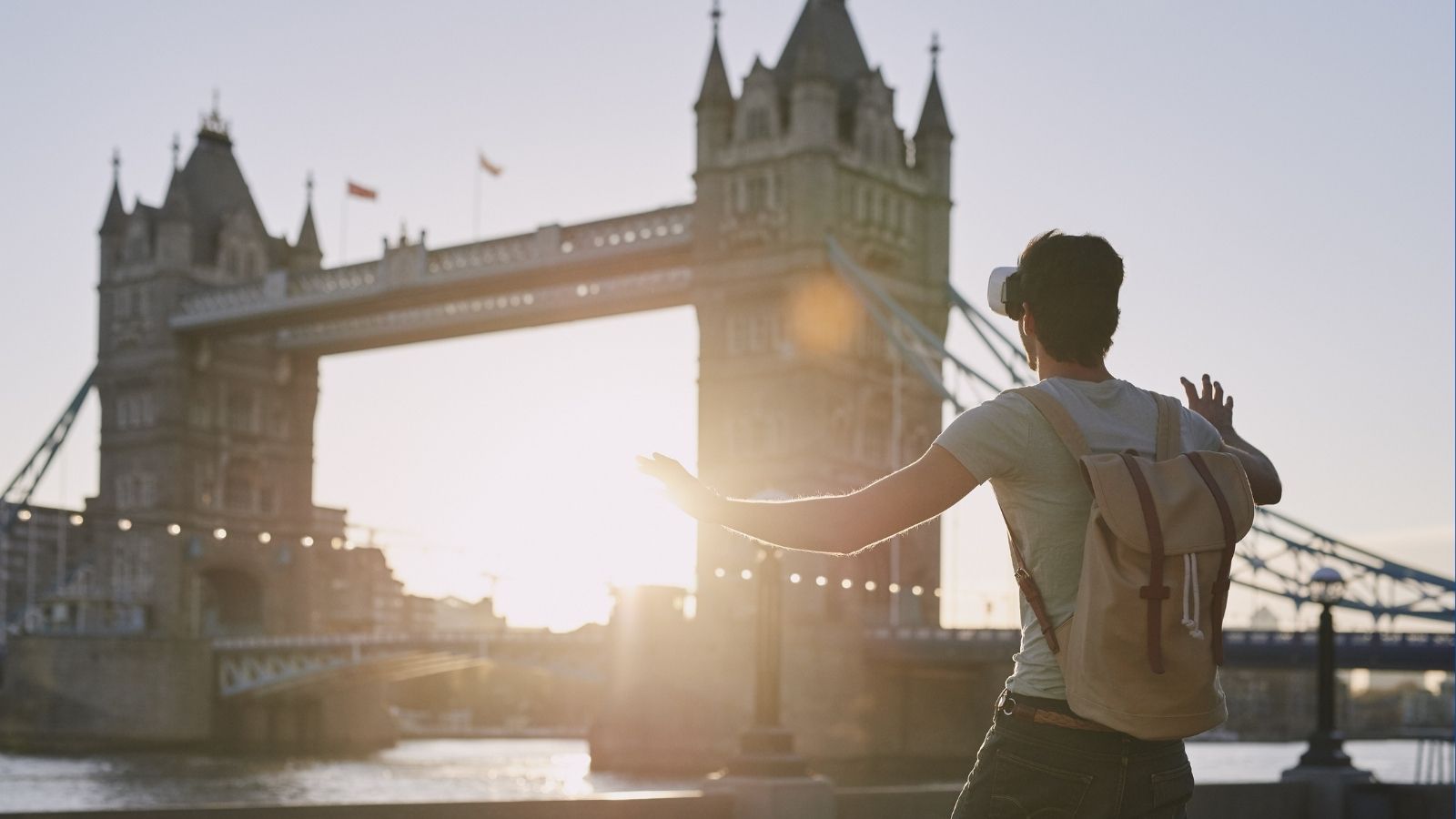
Imagine walking the streets of Paris or snorkeling through coral reefs without leaving your home. Virtual reality previews are changing the way people plan trips, giving travelers a chance to explore destinations before booking their tickets.
Finding Yourself Through Ancestry Travel

Thanks to DNA testing kits, many people are discovering parts of their heritage they never knew existed—and then traveling to connect with their roots. This deeply personal trend is growing, with more people seeking meaningful connections to their ancestry.
Slowing Down to Savor the Moment

“Slow travel” is all about experiencing the journey rather than rushing through it. From learning traditional crafts to participating in local festivals, travelers are choosing depth over breadth, creating lasting memories in the process.
Health Passports for Safer Journeys
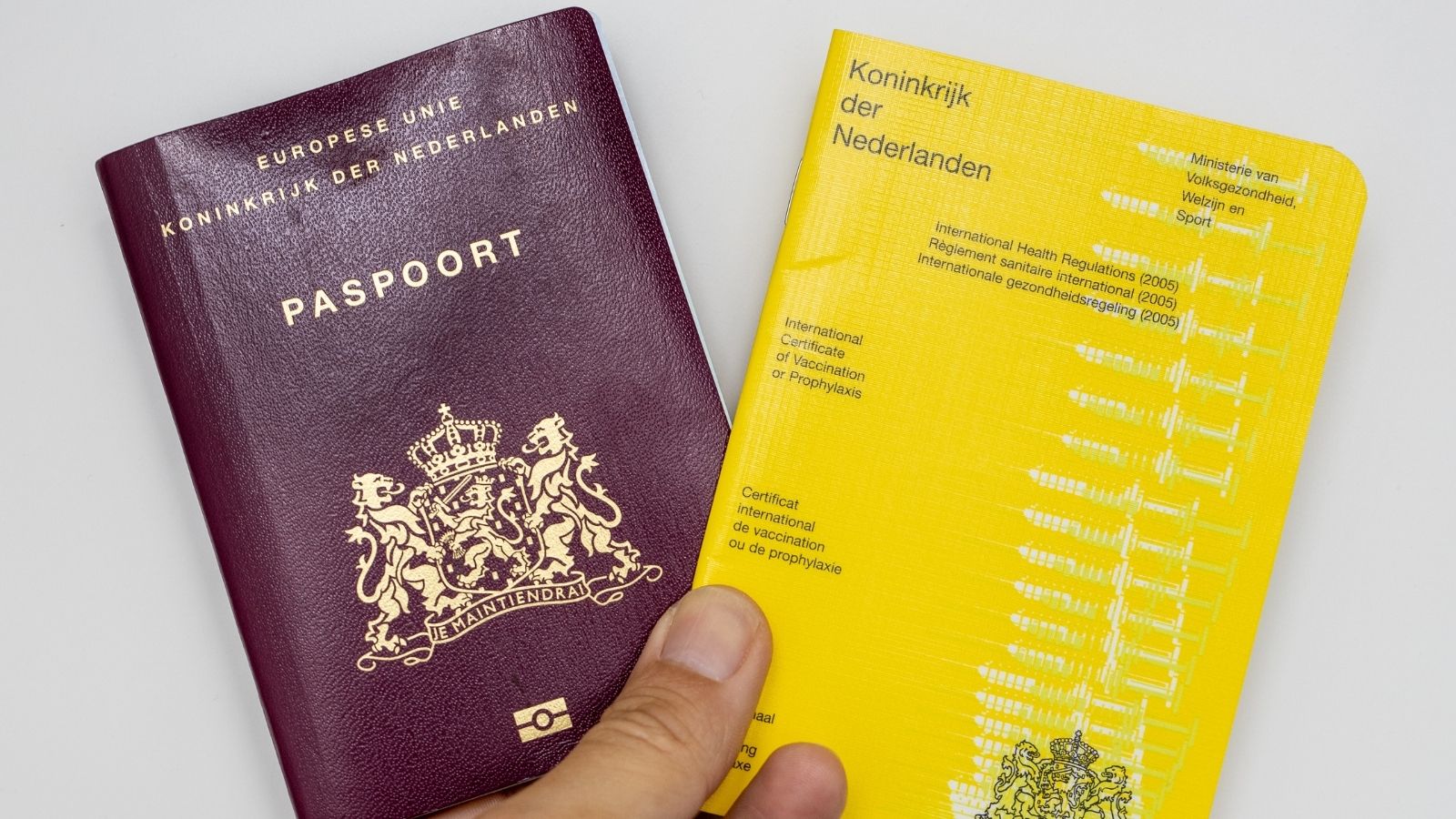
Digital health passports, which store vaccination records and COVID-19 test results, have become a standard part of international travel. These tools make border crossings smoother and offer peace of mind for travelers and governments alike.
Hidden Gems Shine Bright
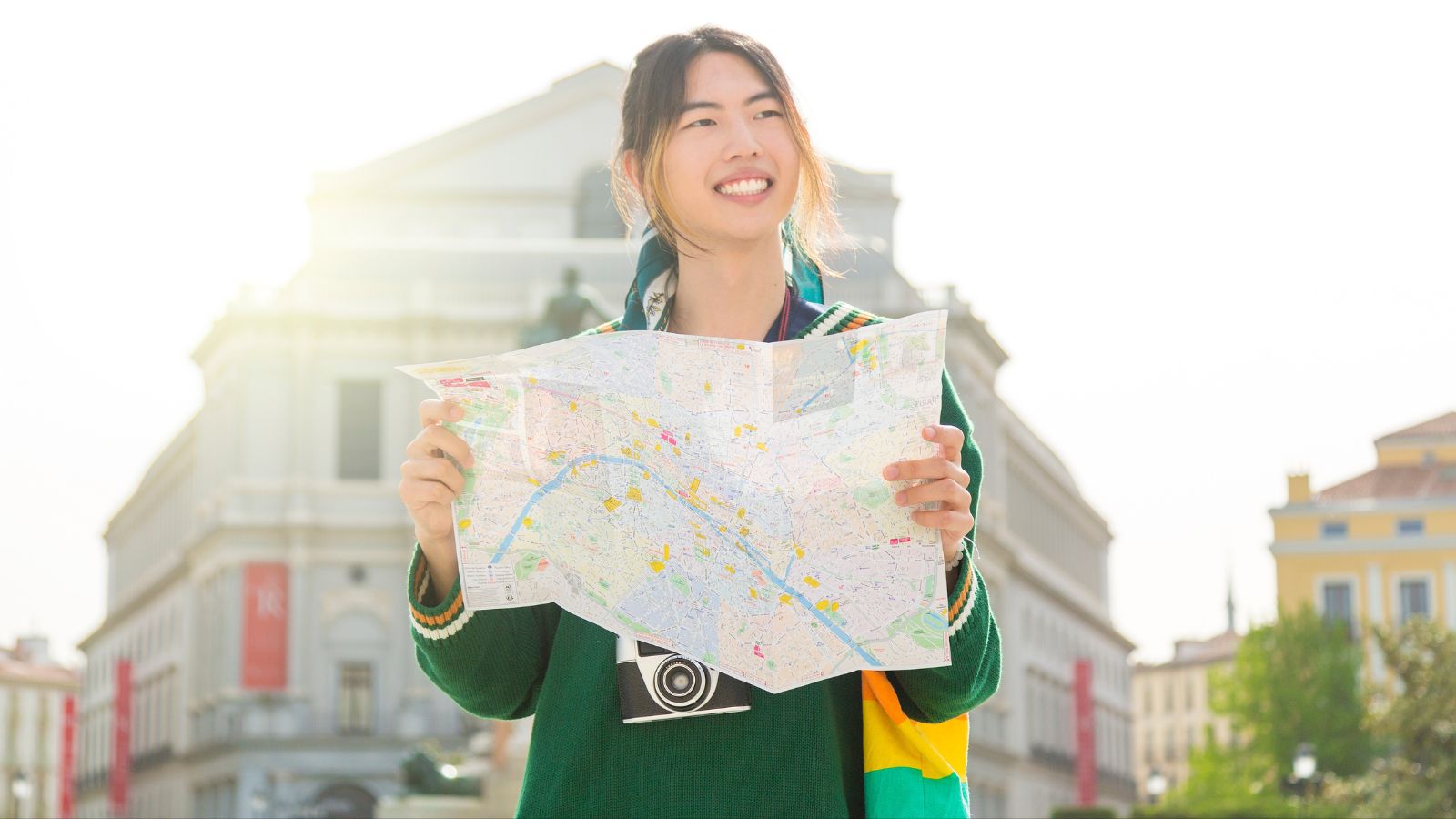
As popular tourist spots become overcrowded, lesser-known destinations like Albania or Georgia are gaining attention. These under-the-radar locations offer rich culture, stunning landscapes, and a sense of authenticity that travelers are craving.
Luxury Goes Local

Luxury travel is not just about opulence—it’s about meaningful experiences. Wealthy travelers are shifting their focus to sustainability and cultural immersion, supporting local businesses and staying in eco-friendly accommodations.
Different Generations, Different Travel Styles
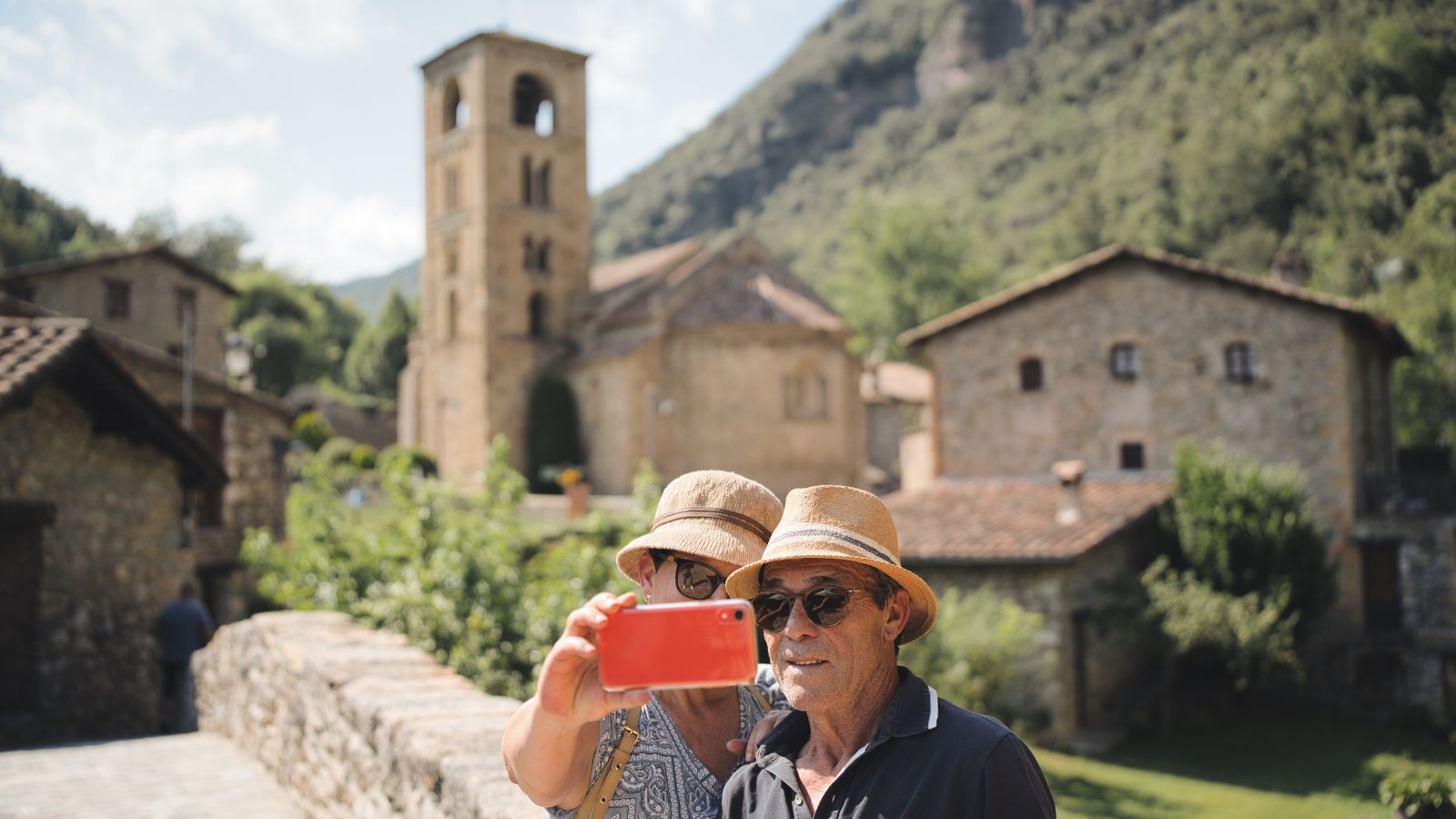
Every generation approaches travel differently. Baby boomers lean toward comfort and heritage tours, while Gen Z craves adventure and tech-savvy experiences. Millennials, meanwhile, are blending business and leisure, reflecting their work-life balance priorities.
Conclusion
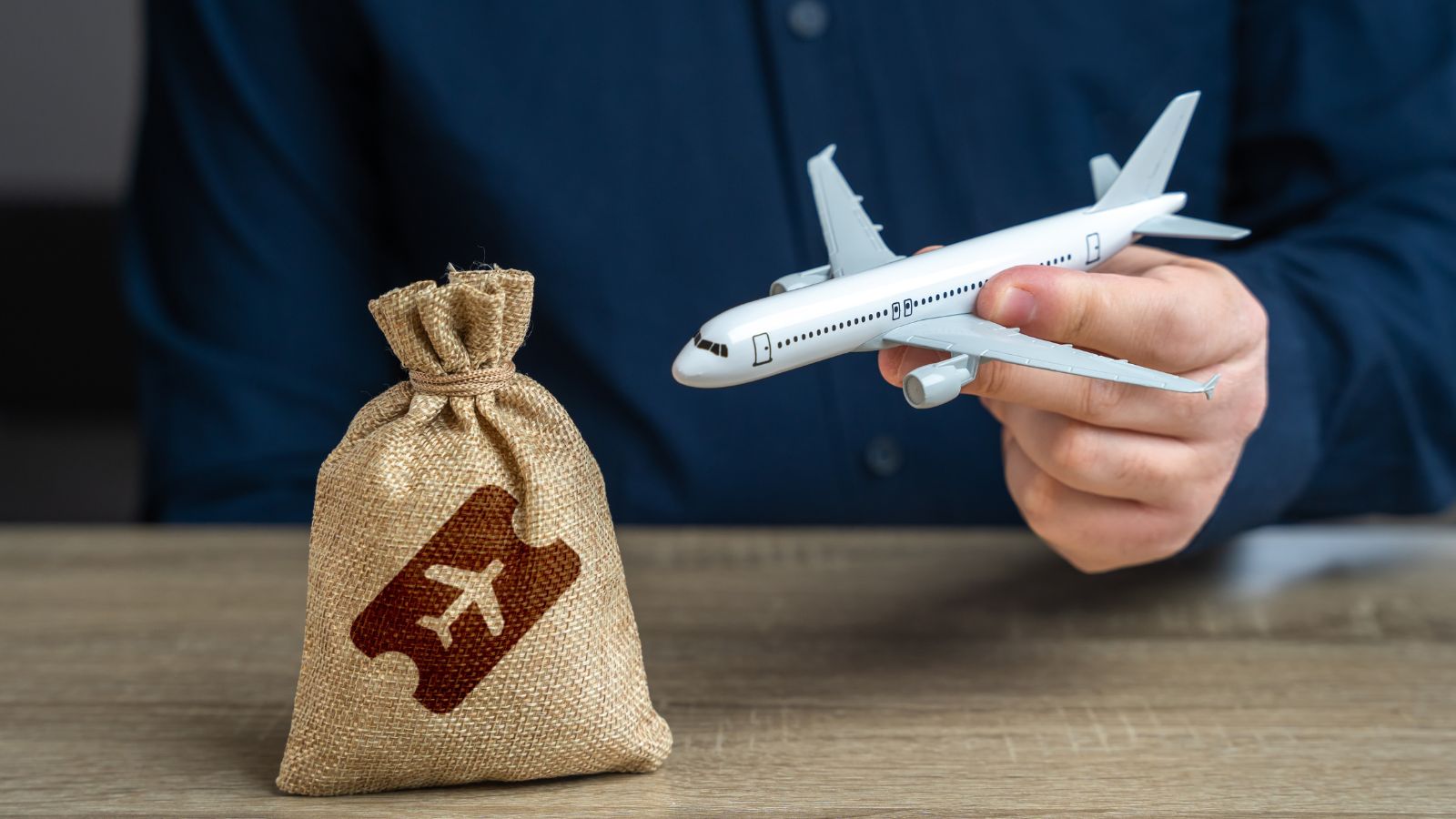
Travel is no longer just about going somewhere new—it’s about how and why we get there. Whether the rise of wellness retreats, the popularity of slow travel, or the tech that makes planning effortless, these changes reflect how we’re evolving as humans.
As we become more conscious of our impact on the planet and the communities we visit, travel is taking on a deeper, more meaningful role in our lives. The future of exploration is bright, and with it comes an opportunity to connect, learn, and grow in ways we never imagined before. So, where will your next journey take you?
25 Countries Predicted to Become Economic Superpowers in the Next 20 Years

The strength of an economy plays a crucial role in various international policies about trade and relations. Certain factors determine the strength of an economy, including population growth, availability of resources, and development and advancement. Here are 25 countries predicted to become economic superpowers in the next 20 years
25 Countries Predicted to Become Economic Superpowers in the Next 20 Years
